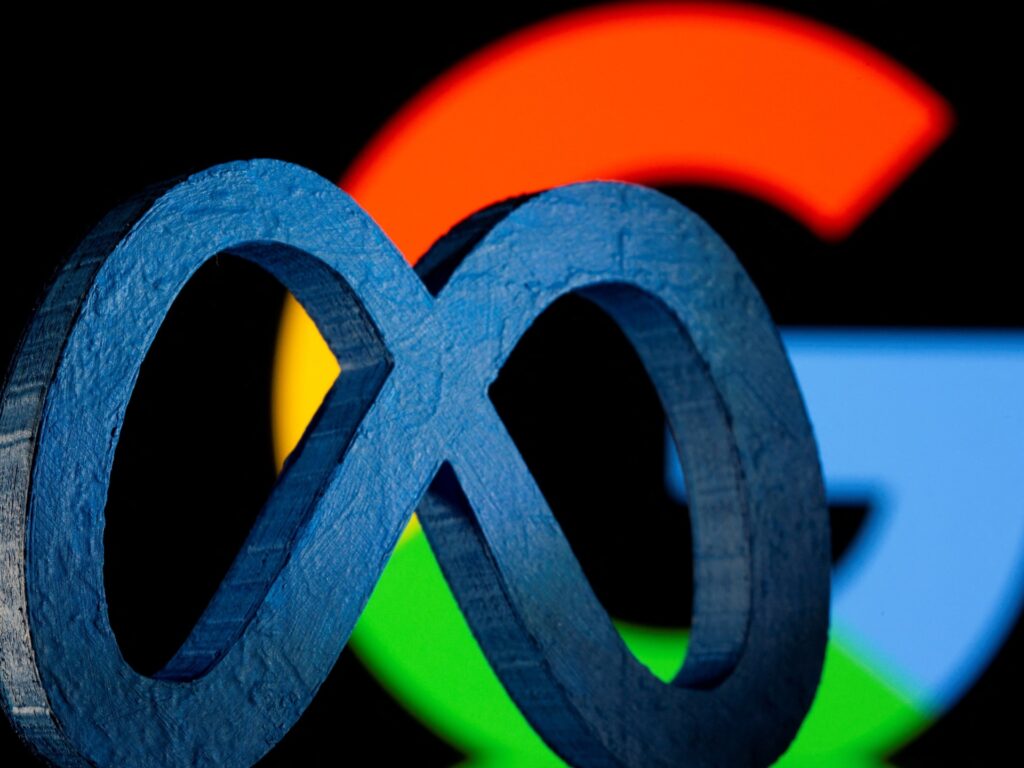
Firms like Meta face tax if they don’t pay for news driving traffic to their sites, depriving media firms of revenue.
The Australian government has announced plans to tax Big Tech firms if they fail to share revenue with local news media organisations.
The measure, applicable from January 1, will force firms like Meta and Google with an Australian-based revenue in excess of 250 million Australian dollars ($160m) to pay for content or face a hefty tax bill that could amount to millions.
Announcing the move, Communications Minister Michelle Rowland said on Thursday that the rapid growth of digital platforms had “disrupted” the media landscape and was “threatening the viability of public interest journalism”.
“[Digital platforms] need to support access to quality journalism that informs and strengthens our democracy,” she said.
The new rules will shore up traditional media companies waging a battle for survival as their content is made freely available on platforms, wiping out precious advertising dollars. Amid the ongoing crisis, hundreds of Australian journalists have lost their jobs.
The Australian government indicated the parent companies of Google, Facebook and TikTok would be targeted by the tax, which will be waived if they voluntarily enter into commercial agreements with Australian media companies.
Advertisement
“The real objective … is not to raise revenue – we hope not to raise any revenue. The real objective is to incentivise agreement-making between platforms and news media businesses in Australia,” Assistant Treasurer Stephen Jones told reporters.
Under previous laws introduced in 2021, Google and Meta struck a string of deals with Australian newsrooms worth a combined $160m.
However, Meta, which owns Facebook, Instagram and WhatsApp, has indicated it will not renew arrangements when they expire in March, arguing that news makes up a tiny portion of its traffic.
Reacting to the new rules, a Meta spokesperson said that Australia was “charging one industry to subsidise another” and that the proposal failed to account for “the realities of how our platforms work”.
Google and Meta have pushed back against efforts in other jurisdictions to compensate news outlets.
Google started removing links to some California websites earlier this year after the state indicated it would make them pay for traffic driven by news.
Facebook and Instagram have blocked news content in Canada to avoid paying media companies.
The measure marks Australia’s attempt to rein in tech titans. Last month, the country voted for new laws banning social media access for under-16s.
It is also mulling fines for companies that fail to stamp out offensive content and tackle disinformation.











More Stories
Pakistan military court sentences 60 more civilians over pro-Khan protests
Two-thirds of US adults tuning out political news, poll finds
Israel strikes Yemen’s Sanaa airport, Hodeidah power plant: Reports